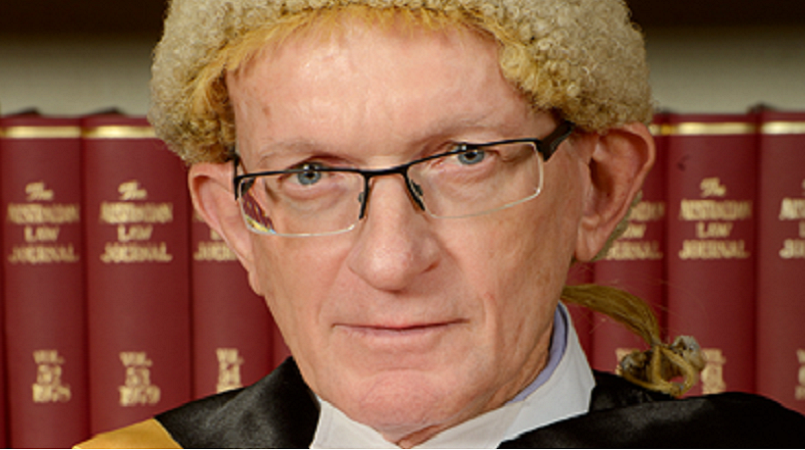
Judges, like all lawyers need continuous legal education on how to discharge their duties with impartiality and fairness in regard to unrepresented litigants and all parties who appear before them, says a Judge.
Justice David Cannings of the National and Supreme Court of PNG made the comments recently in Port Moresby when doing a presentation at the Judicial Conference on ‘Unrepresented litigants and what the courts can do’ to assist people who bring cases before the courts .
An unrepresented litigant is a person who is a party to a legal proceeding who does not have a lawyer to represent them.
He said in PNG, the problems regarding litigants in person are not nearly as great as those in other countries.
“In fact, we already have a program of assistance for unrepresented prisoner litigants; officers of NJSS prepare their appeal books, free of charge.”
Justice Cannings said an unrepresented litigant must have equal access to justice as those litigants who have legal representation.
“It is of benefit to the Court to have a litigant in person assisted in some way.”
He added 41 years have passed since Independence and PNG does not have in place any special policy on how to deal with unrepresented litigants.
“We have done well; each case must be assessed on its merits. The Public Solicitor exists to provide legal aid, service and assistance to those in need. The court can direct the Public Solicitor to provide legal aid, advice and assistance under section 177(2)(b) of the Constitution,” Justice Cannings said.
(Pictured is Justice David Cannings. Picture courtesy of National Judiciary Services.)
